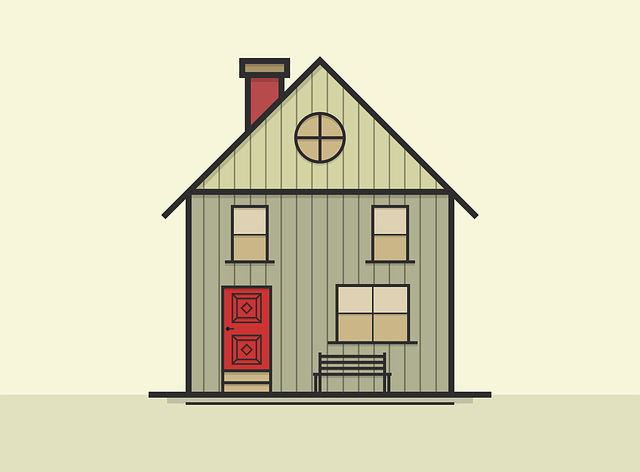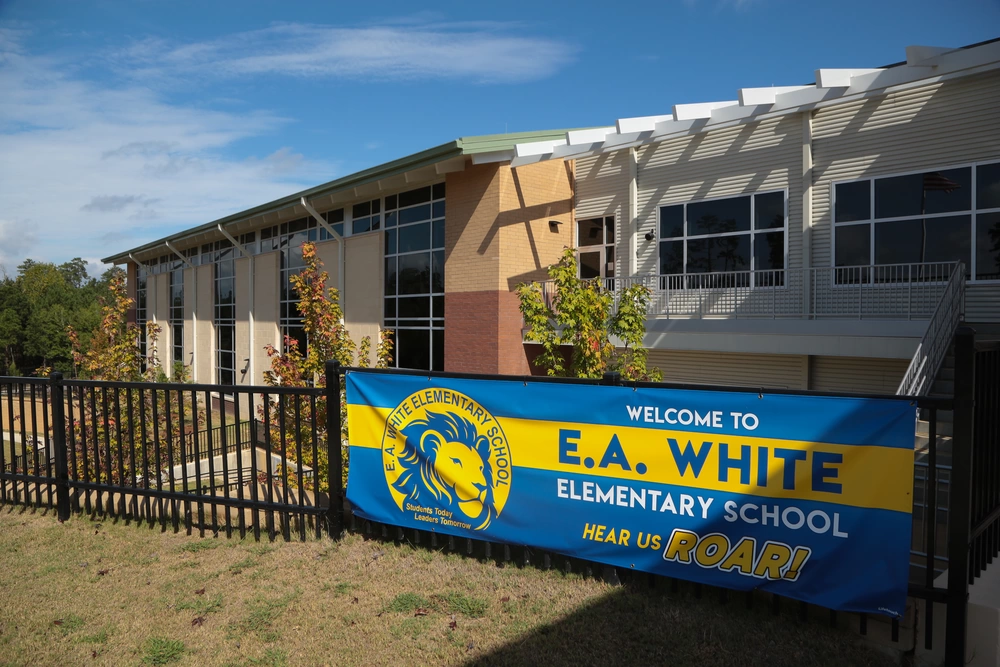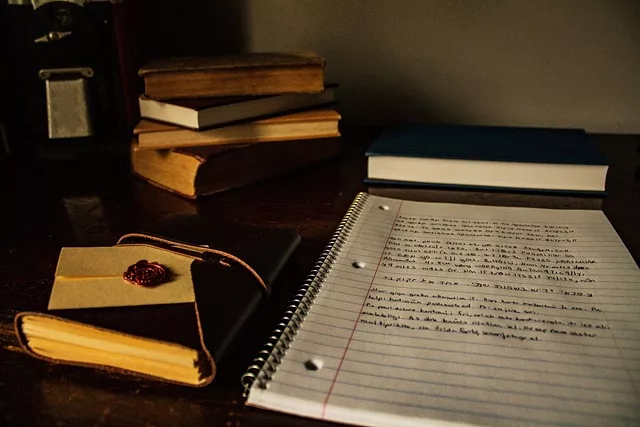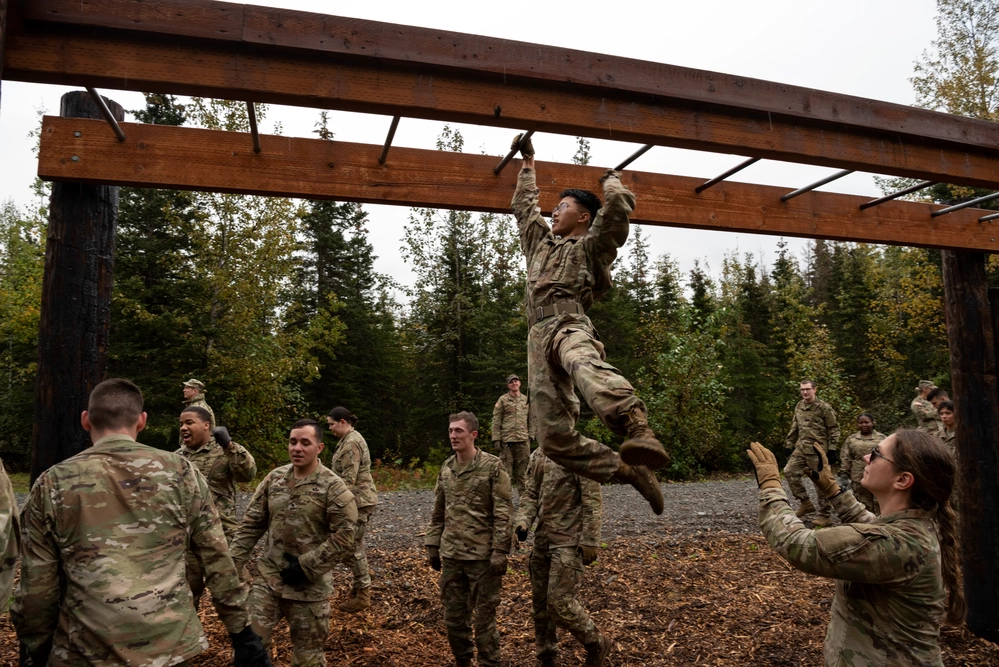Bipartisan Effort to Increase Basic Allowance for Housing (BAH)

The Basic Allowance for Housing or BAH is a military benefit designed to offset the cost of housing for military members and their families.
BAH rates are paid based on the servicemember’s rank and the rental costs in the local housing market. BAH is calculated via a housing market survey that calculates average rental and utility costs for a variety of property types.
How BAH Works
The Air Force official site (AF.mil) describes how BAH works:
“There are several types of BAH to satisfy various housing situations that occur among military members. In general, the amount of BAH you receive depends on your location, pay grade, and whether you have dependents. Under most circumstances, you receive BAH for the location where you are assigned, not where you live.”
That is an important distinction because some military bases are situated in economically depressed areas, whereas military members assigned to that base may find housing in areas where costs are higher.
AF.mil adds, “Additionally, you may be entitled to some BAH amounts if you are residing separately from your dependents.”
“This occurs in situations involving unaccompanied overseas tours or having a dependent Child that resides with a former Spouse. The rules regarding these situations can become quite complex.”
It’s easy to see that 95% BAH, as opposed to a 100% entitlement, can make a military member’s finances more difficult to deal with, especially if there are additional circumstances such as a remote assignment, deployment, etc.
Read More: Military Housing Allowances With Rate Calculator
BAH Does Not Currently Pay 100% Of Housing Costs
BAH is meant to offset a portion of the servicemember’s housing costs but not all. Why?
- In 2015, the Basic Allowance for Housing allowance was altered to stop covering an estimated 100% of local housing costs; the coverage was reduced to 95%.
- But that reduction was not greeted warmly, and there is skepticism about reduced BAH on both sides of the aisle (Democrat and Republican) in Washington.
- At least one elected official is on record stating that a reduced housing allowance creates economic problems for the troops, it aggravates food insecurity issues where applicable, and even potentially compromises readiness.
A Bipartisan Proposal to Increase BAH
In early April 2023, two members of Congress (Congresswoman Marilyn Strickland and Congressman Don Bacon introduced a bill called the Basic Allowance for Housing (BAH) Restoration Act.
If passed, this legislation would address the problems military members face with the increased housing costs. The Act would require the Department of Defense (DoD) to replace the current, lower BAH benefit with a full 100% BAH. This effort is being mirrored in the Senate.
Military Advocates And Lobbyists Show Support
It may seem fairly obvious to some that veteran lobbyists and advocates would approve of such a move. Among those who have voiced support?
- The Veterans of Foreign Wars
- National Military Family Association
- Military Officers Association
Some sources note that nearly 70% of active-duty military families surveyed pay more than they can realistically afford for housing expenses.
Nearly 60% of those living off base pay out-of-pocket (more than the amount of their BAH benefit) every month. Some pay up to $250 or more. Junior enlisted troops suffer the most, being the lowest-paid among those who serve after graduating from Basic Training and advanced training.
Related: How the Forever GI Bill Changed Your Military Benefits
What to Know About the Legislation
At press time, this BAH legislation has not been signed into law. It must pass the House and Senate, then go to the President’s desk for signature. We will update this article if and when that happens.
About the author
Editor-in-Chief Joe Wallace is a 13-year veteran of the United States Air Force and a former reporter/editor for Air Force Television News and the Pentagon Channel. His freelance work includes contract work for Motorola, VALoans.com, and Credit Karma. He is co-founder of Dim Art House in Springfield, Illinois, and spends his non-writing time as an abstract painter, independent publisher, and occasional filmmaker.


